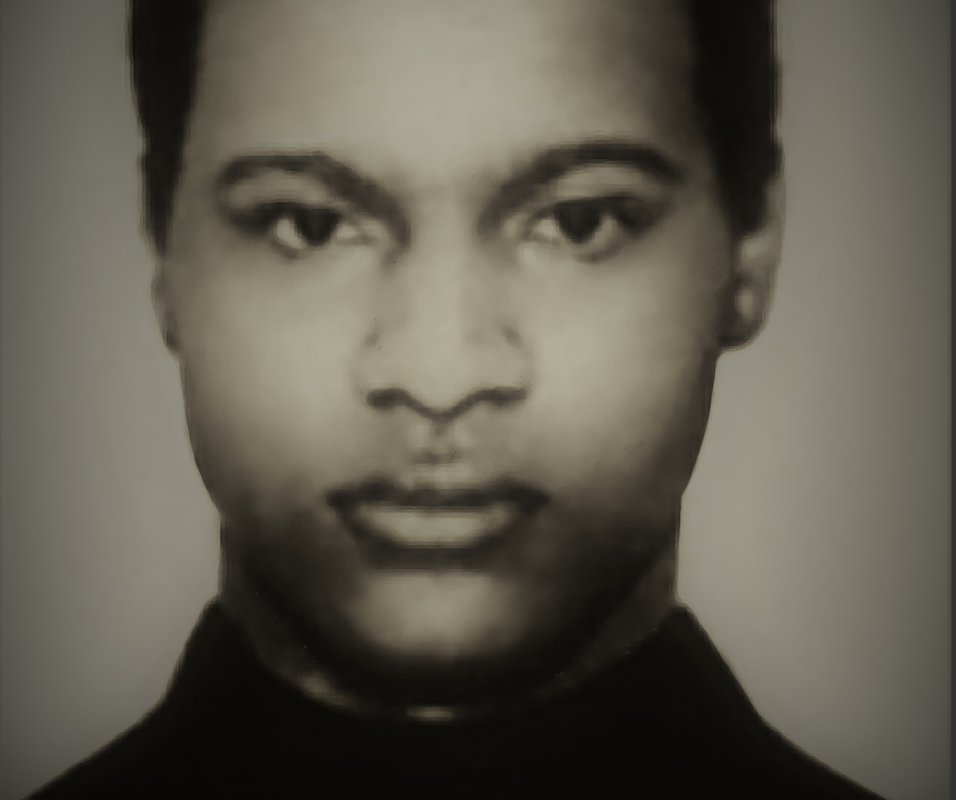All Power To The People: The Beautiful Life And Tragic Death Of Mark Clark
He was a shy young man, quiet, an artist who would come of age in a city often heralded as the breathing example of middle America. One hundred and seventy miles south of Chicago, Peoria, Illinois, would be the location chosen by Abraham Lincoln to first announce that the United States should begin the process of ending slavery. And 83 years before Brown v Board of Education ended legal school segregation in the nation, Peoria had integrated its classrooms. Even still, Black people, seeking to escape the specific terrorism of the South and who looked North to states like Illinois for freedom, found that white supremacy was a mutating virus. It may have, in some ways, presented differently under those northern lights, but it did, indeed, present.
And Mark Clark, its dedicated son, born into this city in the summer of 1947, took note.
He would join the NAACP as a teenager, organizing his peers and demanding equity in housing, jobs and, ironically, education. But as word of the youth-driven Black Panther Party spread across the nation, Mark chose to start a chapter in Peoria, organizing local faith communities and starting the city’s Free Breakfast for Children program. Six months earlier, a charismatic and brilliant young man, a star student and athlete, Fred Hampton, had become the Chicago chapter’s Chairman. Born in cities nearly 200 miles apart, both Mark Clark and Fred Hampton would commit themselves to the liberation of Black people, to ensuring Black power. Mark would become Defense Captain, working with Chairman Fred. By that act, their lives would be forever bonded by love and liberation. And so too would their deaths be bonded forever, but by hate and white supremacy.
At 4:30 on the morning of December 4th, 1969, 14 members of the Chicago Police Department acting on the orders of the Cook County State’s Attorney, Edward Hanrahan who was working with the FBI, ambushed the young Black Panthers, organizers, who were sleeping in their home on West Monroe Street. They fired nearly 100 rounds of ammunition into the house, and Mark was shot through the heart and killed instantly. Four other young Black organizers were shot that morning and wounded. And Chairman Fred Hampton was shot as he slept in bed with his 8-and-half-month pregnant fiancee, Akua Njeri.
Following the deadly barrage of bullets, the police stormed the house and fired two rounds directly into Chairman’s unconscious body and said, “He’s good and dead now.”
The police knew the layout of the house including exactly where people were sleeping because a man named William O’Neal, a paid police informant, had infiltrated the Party and provided it to them. And he had secretly drugged Chairman Fred at dinner the previous night.
The next year, the executions of Mark Clark and Fred Hampton were ruled justifiable homicides and while many people who are concerned with Black Liberation know the story of the great leader, Chairman Fred, fewer know the story of the brilliant and courageous warrior for justice, Mark Clark.
But that is going to change.
Mrs. Gloria Clark Jackson, Mark’s younger sister and the only living relative who was also a member of the Black Panther Party serving under her brother’s leadership, has written a book, Mark Clark: Soul of a Black Panther. And Mark’s and Chairman’s Fred’s lives and murders are the subject of a new Ryan Coogler film, “Judas and the Black Messiah.”
Between the book and the film, the work of reclamation, of telling a whole truth, intensifies today and here, in her own words, is Gloria Clark Jackson.
asha bandele, the director of strategic initiatives at Galaxy Gives, the Novogratz family’s Foundation, is a multiple award-winning and bestselling author and journalist.

